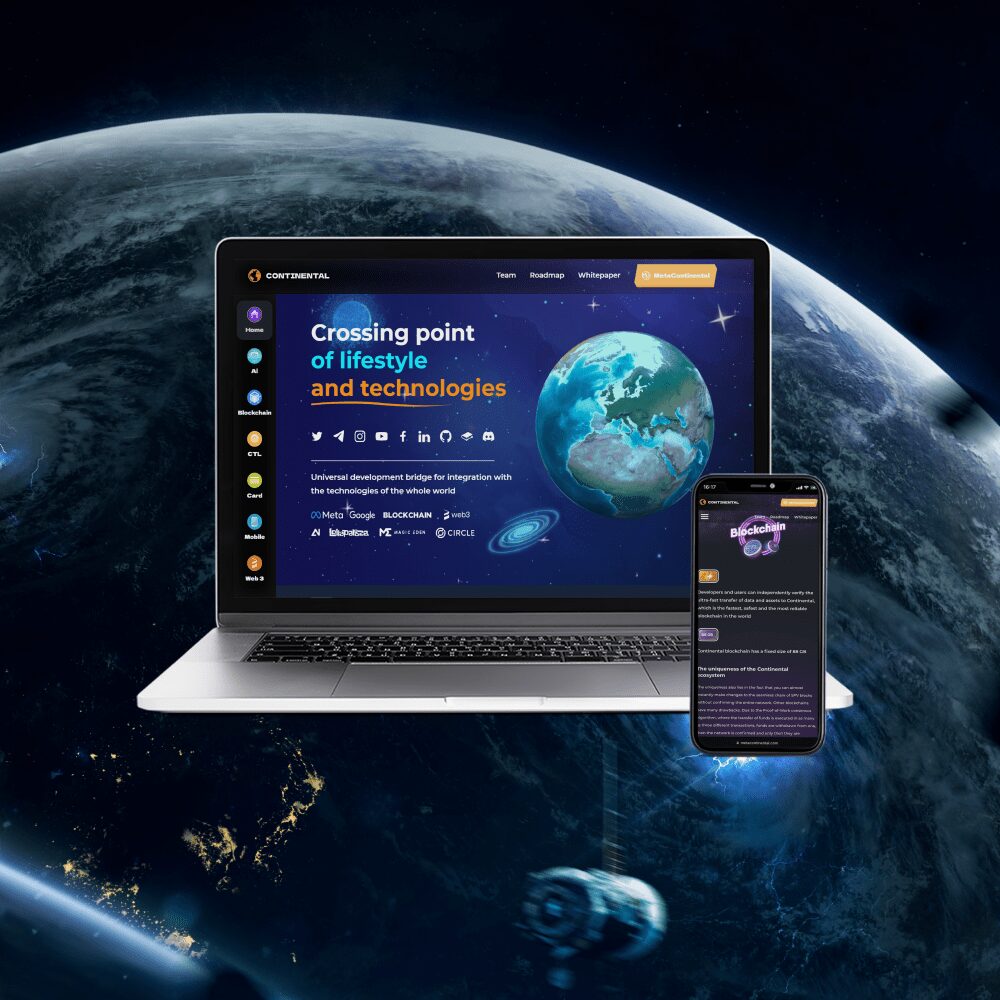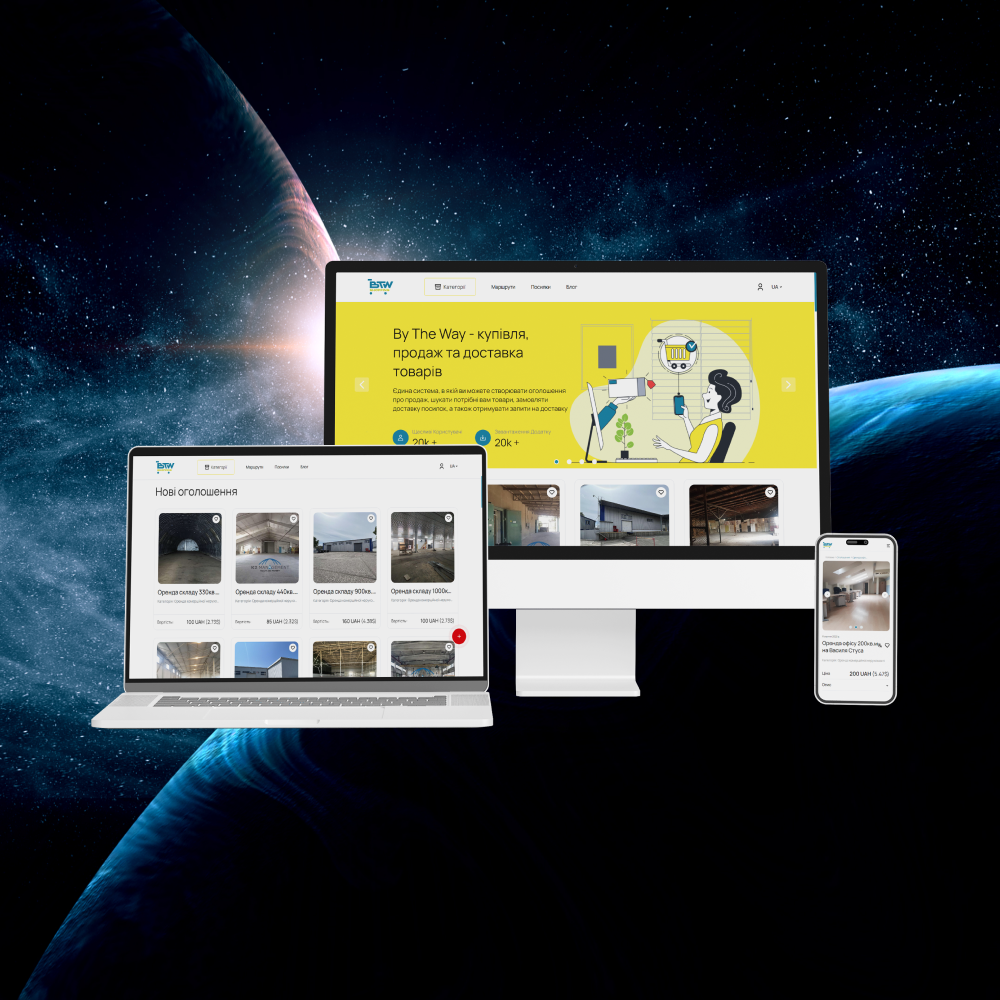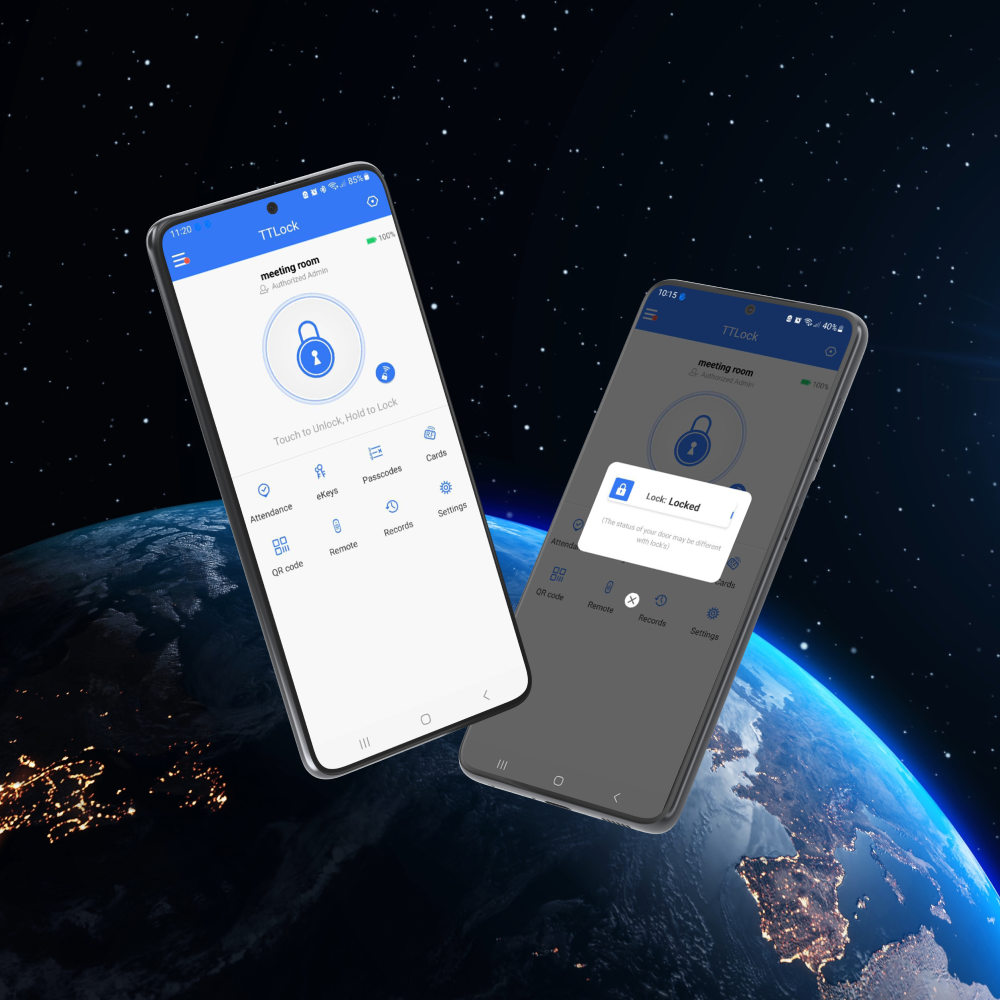Which programming languages to choose for mobile app development?
Why is it important to choose the right programming language?
IOS & AndroidWhy is it important to choose the right programming language? IOS & Android
Developing your own app is a great opportunity to reach the IOS and Android audience, especially if you are focused on developing your business and following the current trends. But here the question arises – in what language is it better to write mobile applications? It would seem that the answer to this question should be given by the developers themselves, based on the specifics of your company. This is indeed true. However, it is also important for the customer to know the technology – it will help you better understand the project processes, correctly assess possible limitations, and effectively interact with the team.
Choosing a programming language for mobile app development is a fundamental step in development that affects functionality, efficiency, cost, and launch time. For example, native languages offer better performance and access to unique device features, but require a significant investment, while cross-platform solutions reduce costs and save time, but may be inferior to native in performance and flexibility.
In our article, we propose to dive into this challenging topic and review the main languages for mobile app development. We will analyze the most popular technologies, such as Swift, Kotlin, Java and Flutter, as well as cover less common but effective tools – React Native and Xamarin. Our goal is to give you a clear understanding of mobile development languages and help you choose the best stack for your project based on its unique needs.
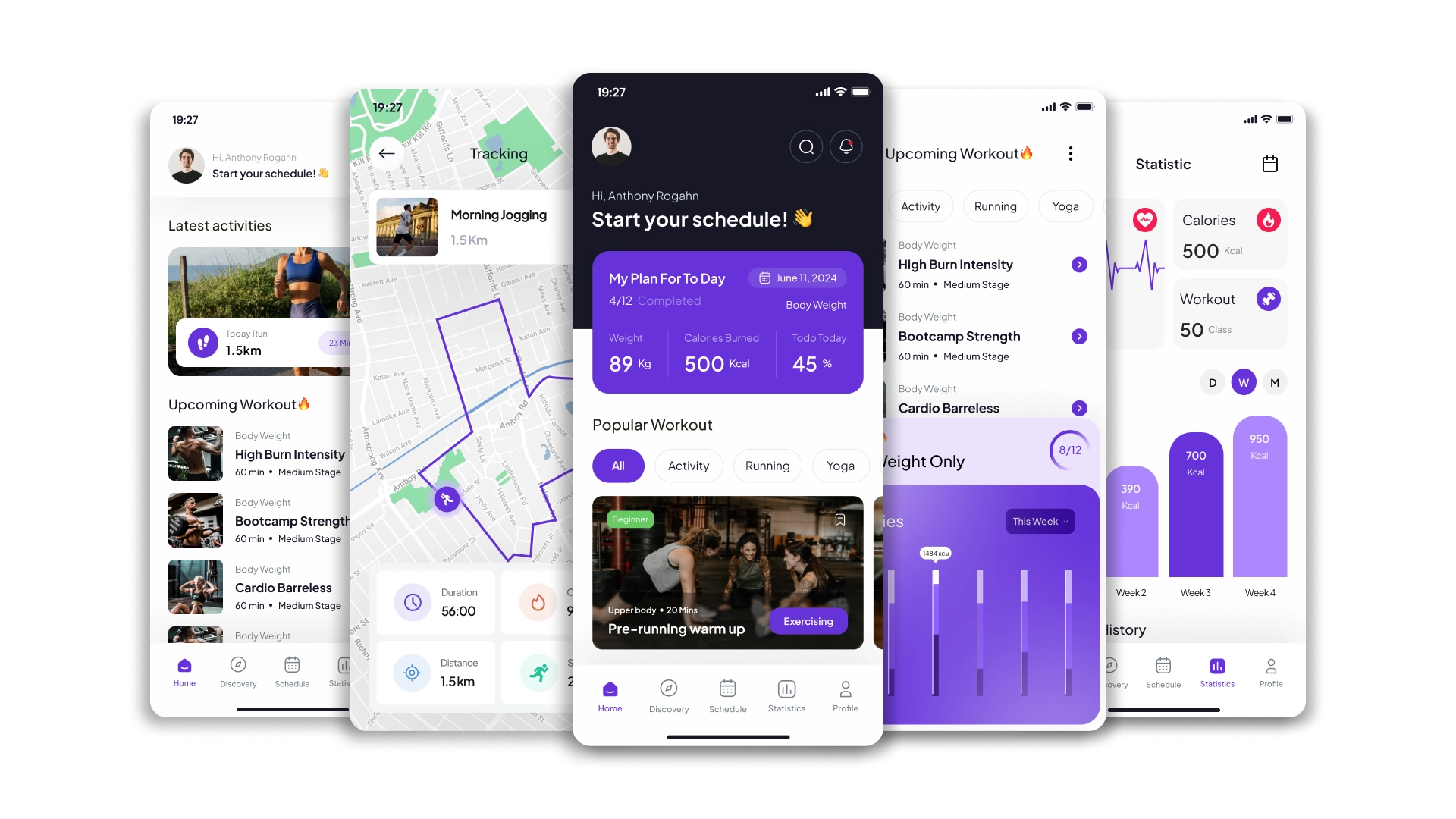
Swift: a programming language for iOS
Native iOS developmentSwift: a programming language for iOS Native iOS development
So, let’s move on to the main topic and look at the languages for creating mobile apps that are key in today’s market.
Swift: a programming language for iOS
Swift is a native iOS programming language that was created and is maintained by Apple. It was introduced in 2014 as an alternative to Objective-C, and its main idea is to speed up development as well as make apps as productive and secure as possible.
Swift’s capabilities are virtually unlimited, as you can easily see by opening the AppStore app marketplace. It can be used to write simple widgets, complex corporate systems, graphic editors and even games. At the same time, it is quite difficult to call the language universal, as it is originally designed to work with iOS and macOS platforms.
Swift recently received a major update to version 6, which made it even more attractive for mobile development. Here are some of the key changes:
- Increased speed – Swift’s performance is now three times faster than Objective-C, allowing you to create faster and more responsive applications.
- Full concurrency support – the language’s ability to run multiple tasks simultaneously has been greatly enhanced, improving overall application efficiency.
- C++ integration – the new version of Swift provides developers with access to C++ libraries and methods, which is an important factor when creating complex and highly loaded projects.
- Improved data security – the language has received a significant strengthening of built-in security mechanisms, in accordance with Apple’s high standards.
It is also worth understanding that Swift was created specifically for iOS application development. This means that when using it, developers get full access to native widgets and features of Apple devices, such as Touch ID, Face ID, integration with Apple Pay and others. In practice, this opens up a huge opportunity to create a smooth and engaging user experience. This point is extremely important as Apple device owners are known for their predilection for impeccable quality.
With all the above said, we can highlight 5 main advantages of Swift language in iOS app development:
- Speed. Apple originally wanted to create a high-speed language, and they succeeded. Swift is much faster than Objective-C and Python, and some of its algorithms outperform even C++.
- Performance. The speed of Swift applications inevitably increases their performance. At the same time, unlike other technologies, the language does not overload the processing power of physical devices.
- Memory. The language contains a modern system of automatic memory management ARC, which effectively optimizes resource consumption, making Swift applications available for older device models.
- Security. Swift’s innovative data protection mechanisms minimize the likelihood of unauthorized access. At the same time, the language runs predictably, making testing and debugging easier.
- Integration with native iOS features. Since Swift is the official language for mobile apps in Apple’s ecosystem, it has access to native device features and functionality.
Despite all the advantages, Swift is still not perfect. It also has disadvantages that should be considered when planning a stack for your project:
- First and foremost, Swift is a relatively young language, so developers may encounter a lack of off-the-shelf libraries and features. This has been partially improved in Swift 6, but is still felt during projects.
- Apple’s ecosystem has its own specifics, so it is quite difficult to use Swift outside of it. This can be a serious obstacle to business expansion, because in order to create an application for Android or the web in the future, for example, you will have to write it completely from scratch and on other technologies.
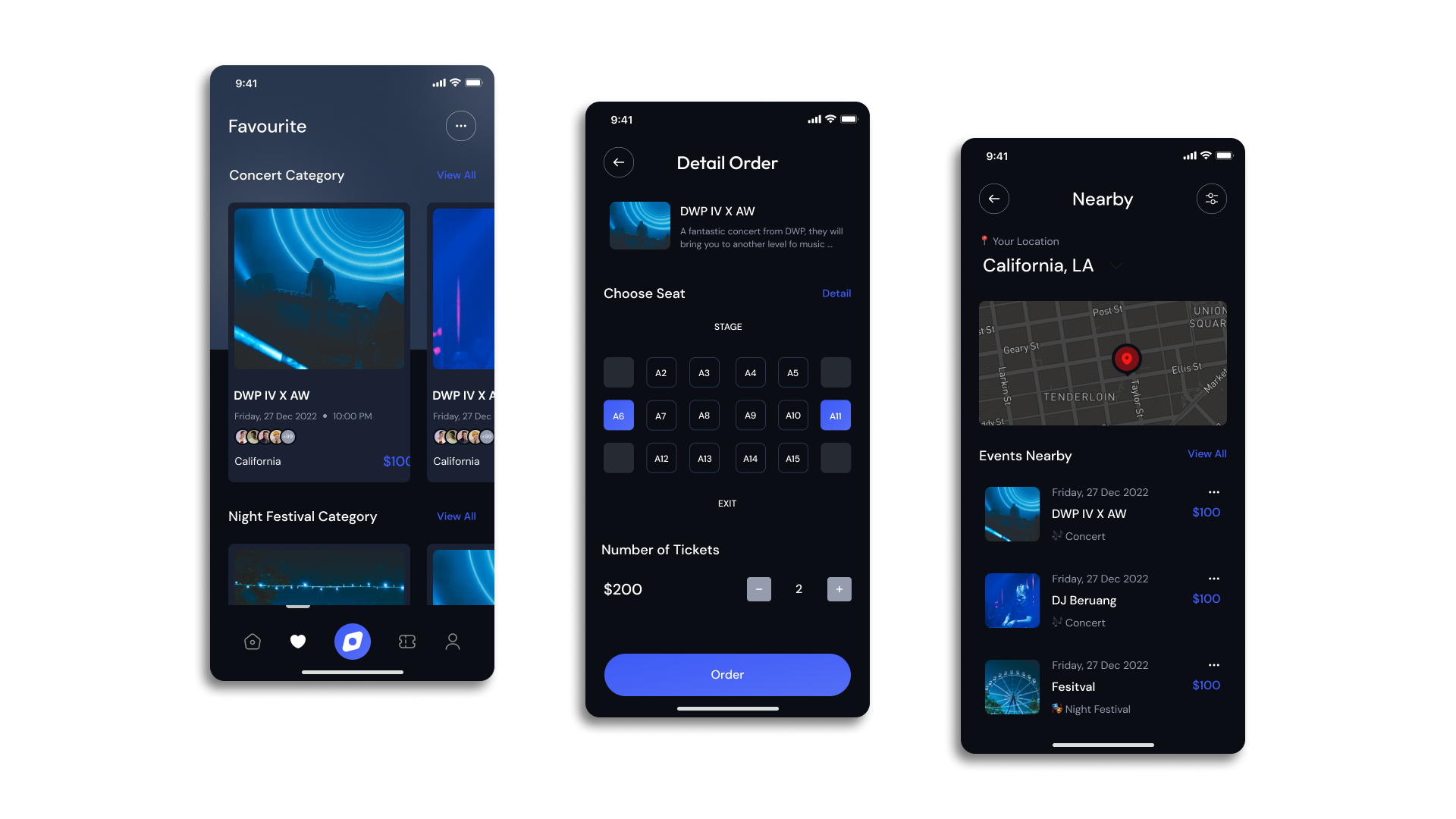
Kotlin: a programming language for Android
Android Native DevelopmentKotlin: a programming language for Android Android Native Development
Kotlin is another native language for mobile application development, but for the Android platform. It appeared on the market in 2011 and was a serious competitor for Java.
In 2017, Kotlin was officially recognized by Google as the main programming language for Android and has been rapidly gaining popularity ever since. According to fresh statistics, 95% of the 1000 most popular apps on Google Play already use it. And it is explained quite easily – Kotlin offers excellent flexibility in creating applications, excellent performance and compact code. For example, in some cases 1 line of Kotlin code can replace as much as 14 lines of Java code.
Benefits of Kotlin for Android application development:
- Reduced development costs. Kotlin’s concise syntax allows you to write less code to implement the same functions, which reduces development time and optimizes costs.
- Java compatibility. Kotlin is fully compatible with Java and supports Android Studio, allowing it to freely use Java libraries to extend application functionality. Plus, this gives you the ability to combine technologies and makes it easy to migrate projects if necessary.
- Fewer bugs and crashes. Kotlin offers a type-safe system that prevents frequent bugs and reduces the risk of critical bugs, which reduces the cost of testing and fixing bugs in the support phase.
- Accelerated development of new features. Kotlin’s asynchronous operations tools and built-in support for coroutines enable faster development of complex and extensible modules. This allows you to significantly accelerate the time to market for new applications or updates.
- Flexibility in product creation. Kotlin’s intuitive object-oriented model makes it easy to adapt application architecture to new business goals. This can be an important factor in a company’s success in a highly competitive marketplace.
Disadvantages of Kotlin:
- Despite being the official language for Android app development, Kotlin shows poor performance in system programming and gamemade. Therefore, it is not always a good choice.
- Kotlin’s compilation speed leaves a lot to be desired, especially when it comes to large applications. This can be partially fixed with plugins, but for some projects any delays are critical.
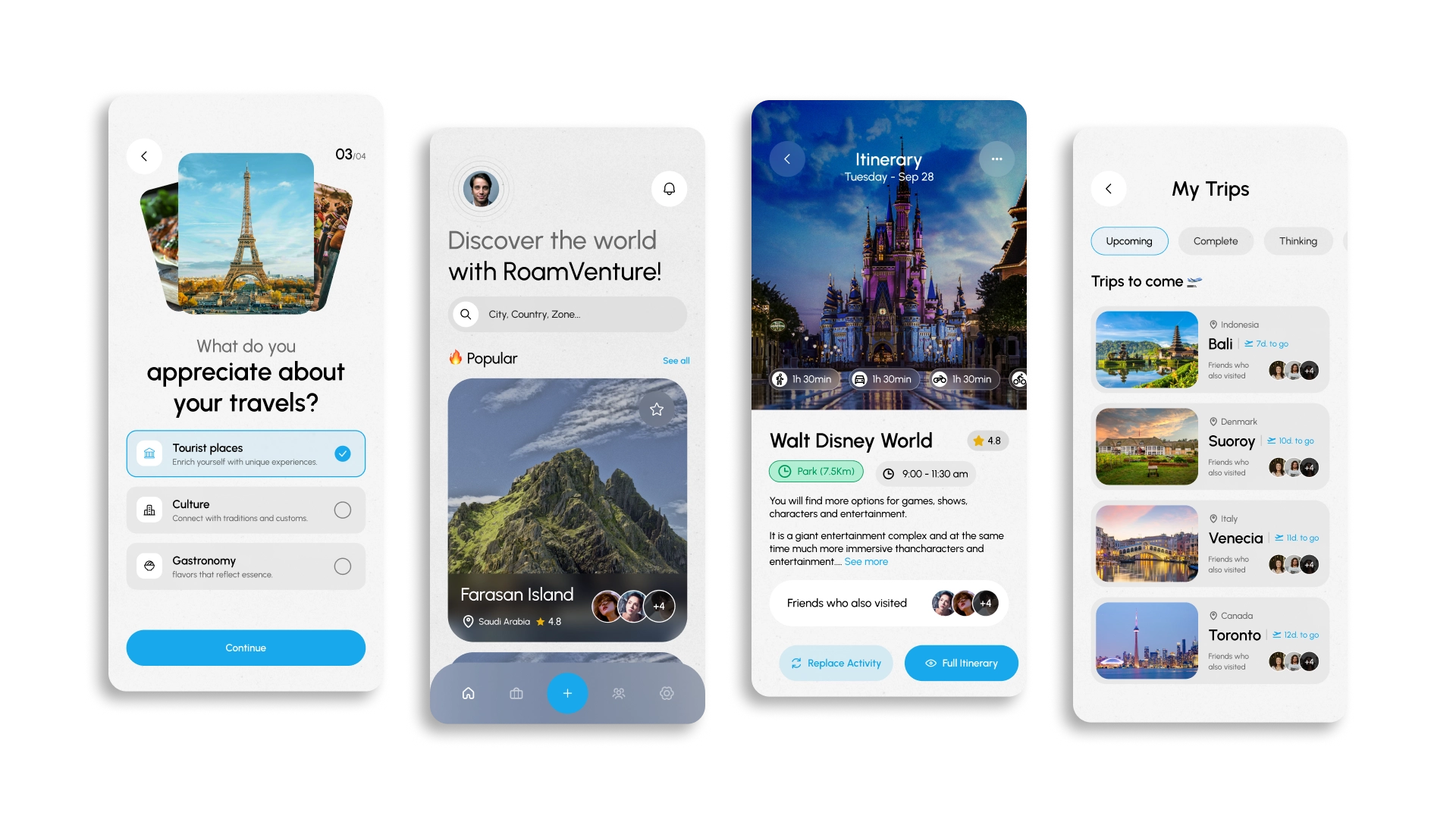
Java: a programming language for Android
Developing complex applications on AndroidJava: a programming language for Android Developing complex applications on Android
If you ask what programming language is used to write Android applications, it is not only Kotlin, but also Java, especially when it comes to creating complex and highly loaded systems.
The peculiarity of Java is that it is used not only in mobile development, but is also widely used in other areas, for example, when creating websites or server applications. At the same time, the language strictly adheres to the concept of “Write Once, Run Anywhere”, allowing you to easily and with minimal investment to reuse the code on different platforms, which will help you save a significant part of the budget when expanding your business in the future.
Advantages of Java for Android application development:
- Microservice architecture. Java supports flexible microservice architectures, which makes it easy to manage large projects. This approach makes it possible to design and develop individual parts of an application independently of each other, which accelerates innovation and improves adaptation to changing business requirements.
- Platform independence. Java applications can function without additional modifications on any platforms and devices that support the Java Virtual Machine (JVM).
- Maturity and reliability. Over the years, Java has proven its stability and reliability in various projects. This is especially important when developing large enterprise applications and highly loaded systems.
- Proven tools and libraries. A huge library of ready-made solutions speeds up development and simplifies the introduction of new features.
Java disadvantages:
- Execution speed. Java code is first compiled into machine code and then executed by the JVM. This creates an additional layer of abstraction, due to which the speed of the application may slow down.
- Bulk syntax. Despite the large number of off-the-shelf libraries, Java syntax is still cumbersome, which slows down application development and implies a larger investment.
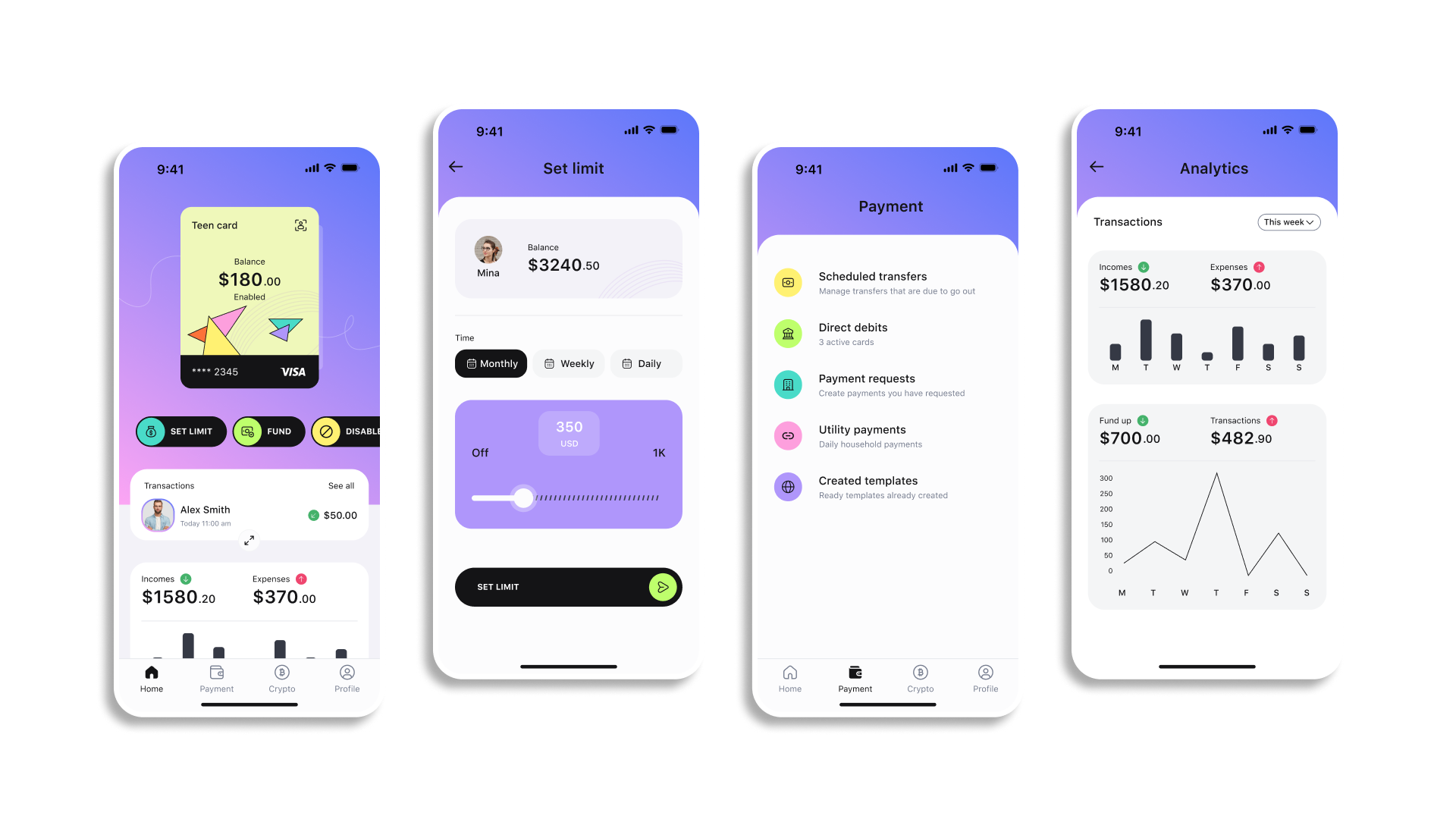
Flutter: cross-platform development
Cross-platform development for iOS and AndroidFlutter: cross-platform development Cross-platform development for iOS and Android
Flutter is Google’s SDK for cross-platform mobile app development that utilizes the Dart programming language. Launched in 2017, it quickly gained popularity due to its ability to create apps for iOS and Android simultaneously, which saves time and resources.
One of the main advantages of Flutter is its unified codebase. Developers don’t need to create separate apps for each platform, which significantly reduces development time and makes it easier to support the app in the future. At the same time, Flutter provides access to many native device features, allowing you to create applications with good performance and a high-quality interface.
Benefits of Flutter for cross-platform development:
- Multi-platform. An app on Flutter can be run on Android and iOS at the same time, without additional modifications. This allows you to reach users on both platforms without additional investment.
- High performance. Flutter uses a proprietary graphics engine to render interfaces, which allows you to create smooth and responsive apps that are almost as fast as native apps.
- Extensive customization options. Flutter offers an extensive set of ready-made widgets that can be easily customized to create a unique user interface.
- Hot Reload. This feature allows you to make changes to your code and instantly track the results of your application, speeding up the development and testing process.
- Google Support. As a project from Google, Flutter has an active community and regular updates, which ensures its relevance and support in the long run.
Flutter’s disadvantages:
- Limited access to native APIs. While Flutter supports many features, some device specific native features may require additional modules to be created in Kotlin or Swift.
- Application size. Flutter applications can take up more space on the device compared to native solutions, which can be an issue for devices with limited memory.
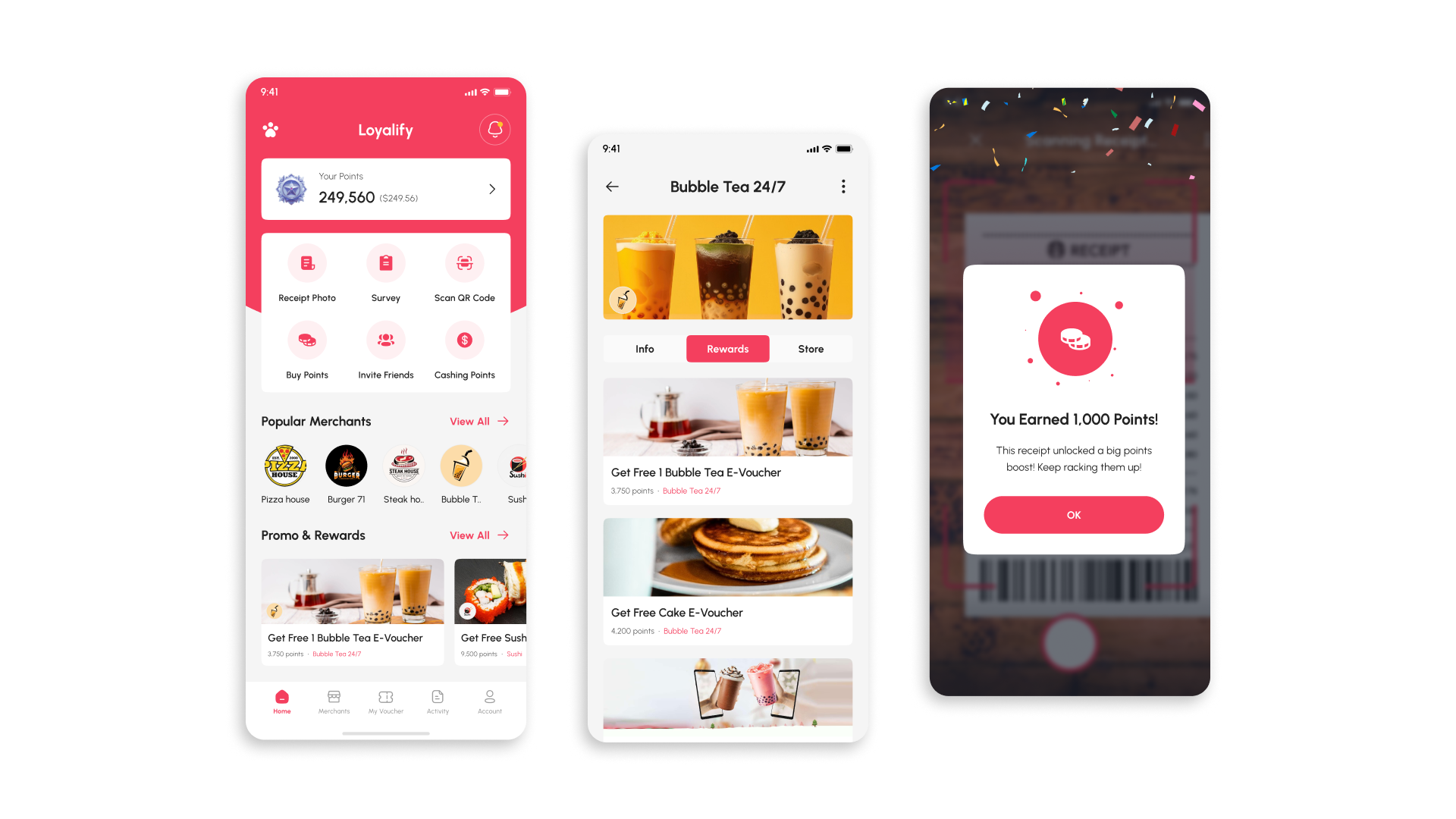
Other programming languages and tools for mobile development
React Native and XamarinOther programming languages and tools for mobile development React Native and Xamarin
Cross-platform solutions are becoming increasingly popular due to their flexibility and time-saving features. Along with such powerful tools as Flutter, there are other frameworks that also allow developers to create applications for different platforms without duplicating code. Let’s take a look at two of them – React Native and Xamarin, which offer interesting features for mobile development.
React Native
React Native is a cross-platform framework developed by Facebook that allows you to create mobile apps using the JavaScript language and the React library. React Native, like Flutter, supports a single codebase for iOS and Android, which reduces development costs and time. But the peculiarity of this framework is that the application interface is built using components similar to native iOS and Android elements, which makes it convenient for developers familiar with web technologies.
Benefits of React Native:
- Using JavaScript. React Native allows you to develop applications using JavaScript, one of the most popular languages in the world, which lowers the threshold of entry for developers.
- Flexibility and code reuse. About 90% of the code can be reused between platforms, which greatly speeds up the process of building an app.
- Large community. Due to the popularity of React Native, there is a huge number of ready-made solutions, libraries and plugins, which simplifies development and speeds up the introduction of new features.
- Hot Reloading. Similar to Flutter, it allows you to make changes to your code and immediately see the results on the screen, which speeds up the debugging process.
Disadvantages of React Native:
- Limited performance. Unlike native apps or those written in Flutter, React Native apps may have less performance, especially when handling complex animations or highly loaded tasks.
- Not full access to native features. While React Native supports most native device features, more specific features may require writing native modules in Swift or Kotlin.
Xamarin
Xamarin is another popular cross-platform development solution created by Microsoft. Xamarin uses the C# programming language and the .NET platform to create mobile applications that can run on Android, iOS, and even Windows. One of the key benefits of Xamarin is the ability to use a single code for business logic and user interface, which greatly speeds up the development process and simplifies app maintenance.
Xamarin advantages:
- Platform independence. Like other cross-platform solutions, Xamarin allows up to 90% of code to be shared between different platforms, reducing development and support costs.
- Full integration with the Microsoft ecosystem. This makes Xamarin a great choice for companies that already use Microsoft products such as Azure or Visual Studio.
- Native interface and high performance. Xamarin uses interface elements that closely resemble native components of each platform, ensuring high quality applications and a smooth user experience.
- Windows support. Unlike many other cross-platform tools, Xamarin supports Windows application development, making it a versatile solution for multi-platform development.
Disadvantages of Xamarin:
- Application size. Xamarin applications can take up more space on your device due to the additional libraries and packages required for .NET.
- Slow compilation. The compilation time of an application on Xamarin can be higher, especially in large projects, which can slow down the development process.
- Limited resources and communities. Unlike Flutter or React Native, Xamarin has fewer active users and out-of-the-box solutions, which sometimes makes it difficult to find the right tools and libraries.
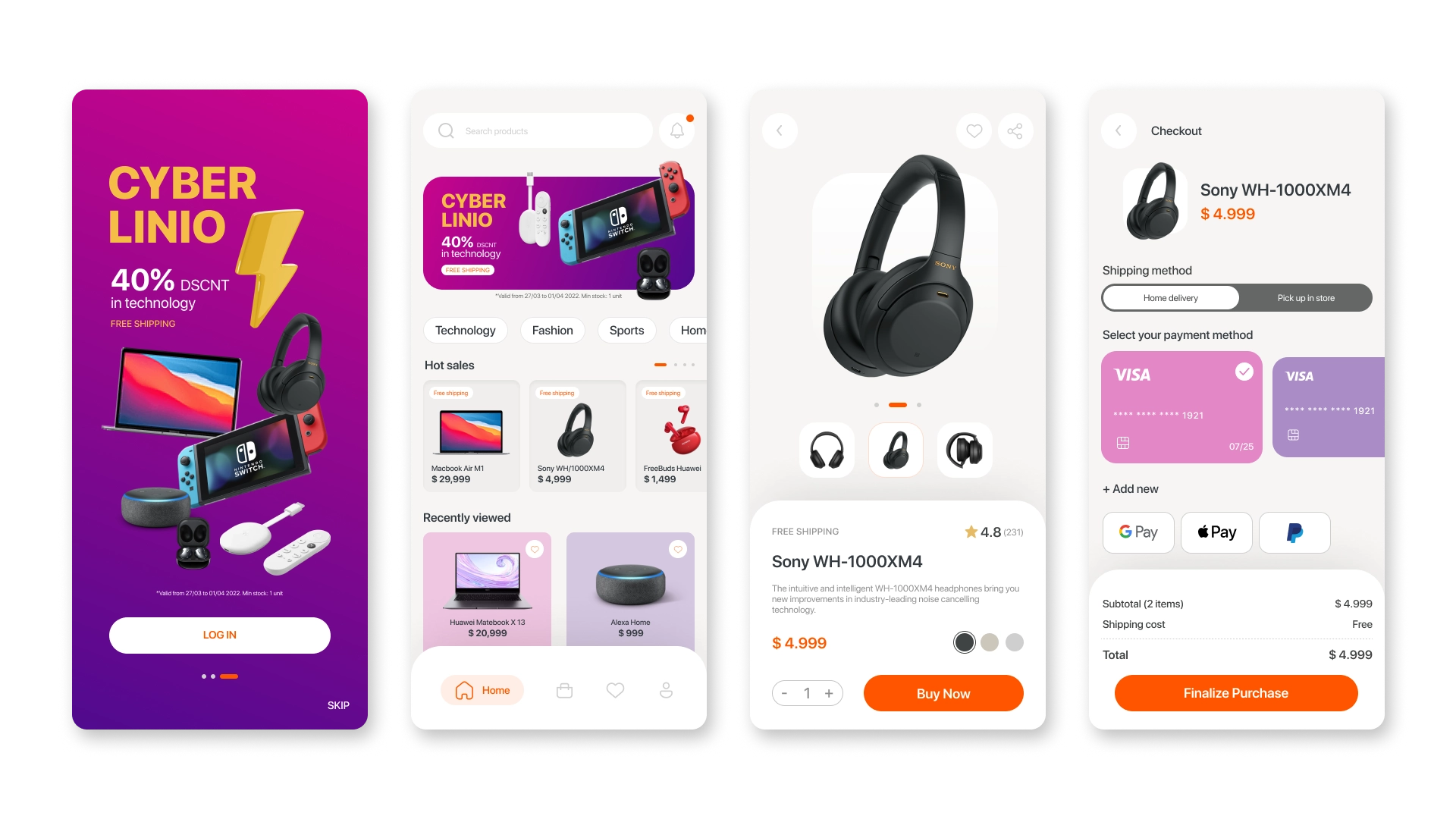
How to choose a programming language for mobile applications
Factors influencing language choiceHow to choose a programming language for mobile applications Factors influencing language choice
Choosing a programming language for a mobile application is a key stage in development, which directly depends on the target platform and the requirements for the functionality of the project. Let’s look at the main factors that will help you make the right decision.
Choosing an application type
First of all, you should determine what type of application you want to create – native or cross-platform:
- Native applications are an ideal choice if you want to get maximum performance, access to unique device features, and provide the best user experience. Native applications are developed using Swift for iOS and Kotlin/Java for Android.
- Cross-platform applications are suitable if you want to reduce costs and get to market faster. Frameworks such as Flutter, React Native, and Xamarin allow you to create an application that works equally well on both platforms.
Performance requirements
If your application needs to process a large amount of data, work with graphics, and will require high computing power, you should give preference to native programming languages. They provide maximum performance, as they directly interact with the hardware of devices.
On the other hand, if you want to launch a mobile application on both platforms with minimal costs, but without high performance requirements, it is better to consider cross-platform frameworks.
Requirements for integration with external services
Most applications use integrations with external APIs to expand functionality, so in this matter, everything depends on your individual requirements.
For example, Swift and Kotlin / Java allow you to effectively integrate, providing high performance and reliability. At the same time, modern frameworks such as Flutter and React Native offer similar capabilities, but through plugins and libraries, allowing you to reduce development costs.
Let’s summarize
Choosing the best programming language for mobile applications is almost impossible. It is impossible to say unequivocally which technology is better, since each of them has its own advantages and disadvantages, and also helps to solve different problems.
To choose the optimal stack, first of all, you need to consider the specifics of your project, its goals, performance requirements and many other parameters. We, at AVADA MEDIA, are ready to help you at every stage of development and select the best technological solution for your application.
Fresh works
We create space projectsFresh works
The best confirmation of our qualifications and professionalism are the stories of the success of our clients and the differences in their business before and after working with us.
Our clients
What they say about usOur clients What they say about us
Successful projects are created only by the team
Our teamSuccessful projects
are created only by the team Our team












Contact the experts
Have a question?Contact the experts Have a question?
-
Phone:+ 38 (097) 036 29 32
-
E-mail:info@avada-media.com.ua



